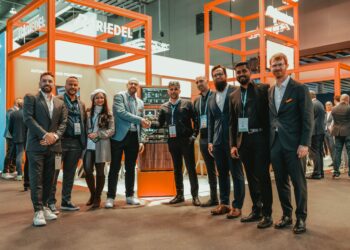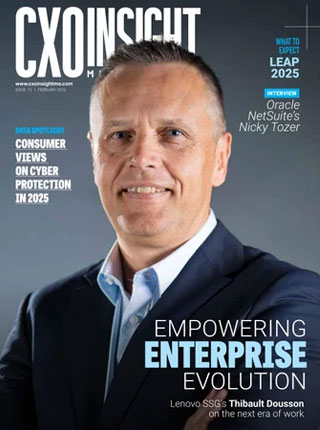Set against a backdrop of growing citizen demands, rapid innovation and the blurring lines between the expectations of public and private sector, government organisations are turning to technology to implement the right programmes to build voter confidence. In the lead up to COP28, sustainability continues to be one of the imperatives that is high on the political — and business — agenda.
Bordeaux, the world’s largest urban region ever to be listed as a UNESCO World Heritage Site, is managed by Bordeaux Métropole which today serves a population of 850,000 across the city and 28 municipalities. The municipality is leading an innovative strategy for digital transformation to support citizens with 1,600+ digital services in areas such as housing and transport. This strategy will help deliver on Bordeaux’s mission and values with intelligent solutions to support the goal of positive energy and low carbon by 2050.
Bordeaux Métropole wanted to avoid getting caught in the race to ensure it always has the latest tech when in fact, what really matters is the right tech solution that can form the foundation for the evolution of its strategy into the future. As Jean-Noël Olivier, CIO Bordeaux Métropole says:
“We’ve established the principle that digital should be chosen, not imposed. It’s all about striking the right balance between value-added digital services and their environmental, social and ethical impact.”
Bordeaux Métropole implemented ServiceNow (ITSM) in 2016 to establish a new standardized regional information system including more than 1,600 consolidated digital services. The implementation also included a call centre that optimizes agents’ digital activities, and now provides immediate year-round responses to users’ IT requests.
In September 2021, Bordeaux Métropole launched the ‘Orientations Numériques Partagées’ — Shared Digital Orientations — strategy, which details its commitment to responsible digital development. It sets out to place citizens at the heart of digital services that are useful and accessible to all, and bring about an efficient and sustainable digital transformation of public services.
Bordeaux Métropole chose to work with ServiceNow partner, Aguaro and its My IT Footprint app that enhances the ServiceNow platform by placing carbon footprint issues at the centre of the day-to-day management of digital services. “One benefit for Bordeaux Métropole is that it can build on the investments already made in the ServiceNow platform by automating many of the processes associated with its services,” explains Matthieu Poulard, Co-Founder of Aguaro. “Staff have access to data with a high degree of granularity as the application is linked directly to the source data. This is essential for identifying savings opportunities and making the results more reliable.”
It is now possible to assess the environmental impact of all equipment used in the communes as well as other activities that generate greenhouse gas emissions. Metrics can cover key areas such as maintenance services or distances travelled transporting equipment between sites. Bordeaux Métropole has also set up a ServiceNow service portal to engage users in the principles of carbon reduction. Taking the initiative further still, Bordeaux Métropole now offers other digital responsibility initiatives, such as Digital Clean-up Days in partnership with the recycling and reconditioning company at EcoMicro.
Thanks to these efforts, Bordeaux Métropole has a wholistic set of intelligent insights into its operations that enables the building of a reliable strategy to further reduce environmental impact. Choosing to enter into a strategic business and technology partnership with ServiceNow and partner Aguaro means Bordeaux Métropole can foster community awareness and change, particularly in support of the environment.
“Since the outset of our digital transformation in 2016, ServiceNow’s platform has been supporting both digital services management and importantly, with the extended partnership with Aguaro, enabling the monitoring of our carbon footprint from one year to the next,” added Jean-Noël Olivier.










Discussion about this post